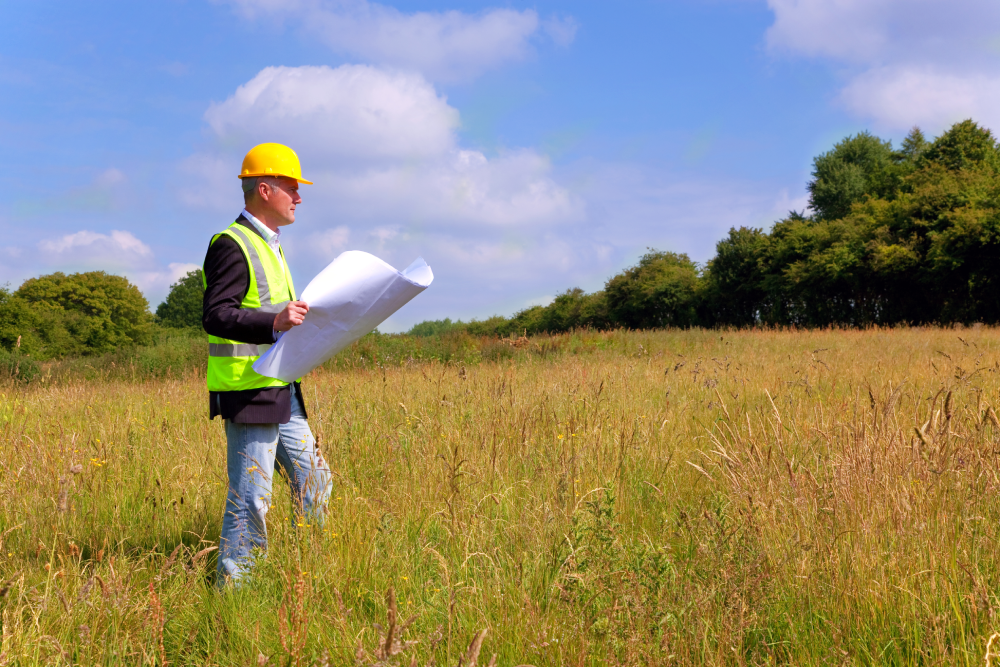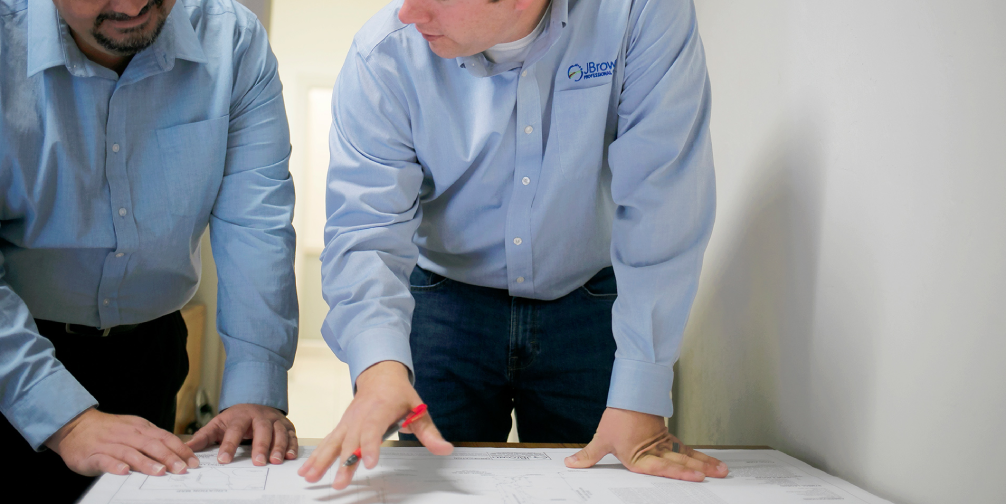April 22, 2022
5 Things to Consider in Land Development
Whatever your role in a land development project, effective site planning is critical to its success. Factors such as topography, vegetation, infrastructure, and existing buildings all play a part in determining the appropriate design and execution. Effective land planning can make or break your project. Mistakes made in the planning process can derail your entire timeline and lead to wasted time, money, and effort.
At JBPro, we have provided expert civil engineering, surveying, construction, and land planning services for over 27 years. Read on to learn how we contribute to your land development project.
Remember These Things
Land development is a complex process that includes planning, engineering, permitting, and constructing site improvements per the appropriate codes and regulations.
1. Involve a Civil Engineer Upfront
A master plan can appear perfect on paper but include technical flaws that ruin the entire project. That is why all development plans need to be looked at through the lens of a civil engineer, without which some aspects of the plan may be unrealistic or unattainable. Civil engineers validate plan feasibility and account for infrastructures such as water, sewer, electric, and roadway networks. A civil engineer takes the master plan and revises it to better integrate infrastructure and cost factors.

2. Walk the Land
This may seem simple, but walking the site with the owner is incredibly important. This lets you view the surroundings and visualize what is possible. There are always unique topographical features you can take advantage of on a site, and you can anticipate site-specific design challenges earlier on in the project to mitigate them during the site planning process. With a proper site analysis, you can better envision the development and how its different areas will interact.
3. Create Efficient Designs (Especially Stormwater)
At JBPro, we make efficient and practical designs that take into account elements that waste a development’s land area, such as unnecessary intersections and oversized stormwater basins. For that reason, we incorporate stormwater management into our upfront master planning process to make sure the footprints of our stormwater basins do not change significantly throughout the design of the project.

4. Collaborate and Have Clear Roles
How well a team works together is the secret sauce that makes a project successful. While land development project team members should be able to work independently and understand their individual contributions to a project, a successful project team starts with an effective prime consultant. Oftentimes, the prime consultant on a land development project is the civil engineer. The civil engineer (or any other prime consultant) has to clearly communicate both with the client and all of the sub-consultants to ensure successful project outcomes.
5. Be Creative
A land development plan’s main purpose is to provide an efficient, usable design, but that does not mean creativity is unwarranted. Each land development project has its own unique challenges and opportunities. Sometimes special additions to projects can increase ROI, such as dog parks, pools, and playgrounds, just to name a few.
We Are Your Partner for a Successful Land Development Project
If you are working on a land development project, you need a design consultant that understands the creativity of the site planning process, the technical skills needed for site design, and the regulatory environment affecting land development projects. Reach out to the team at JBPro for the land development partner you need. We leverage our experience and put our expertise to work for you, ensuring the success of your development project.
